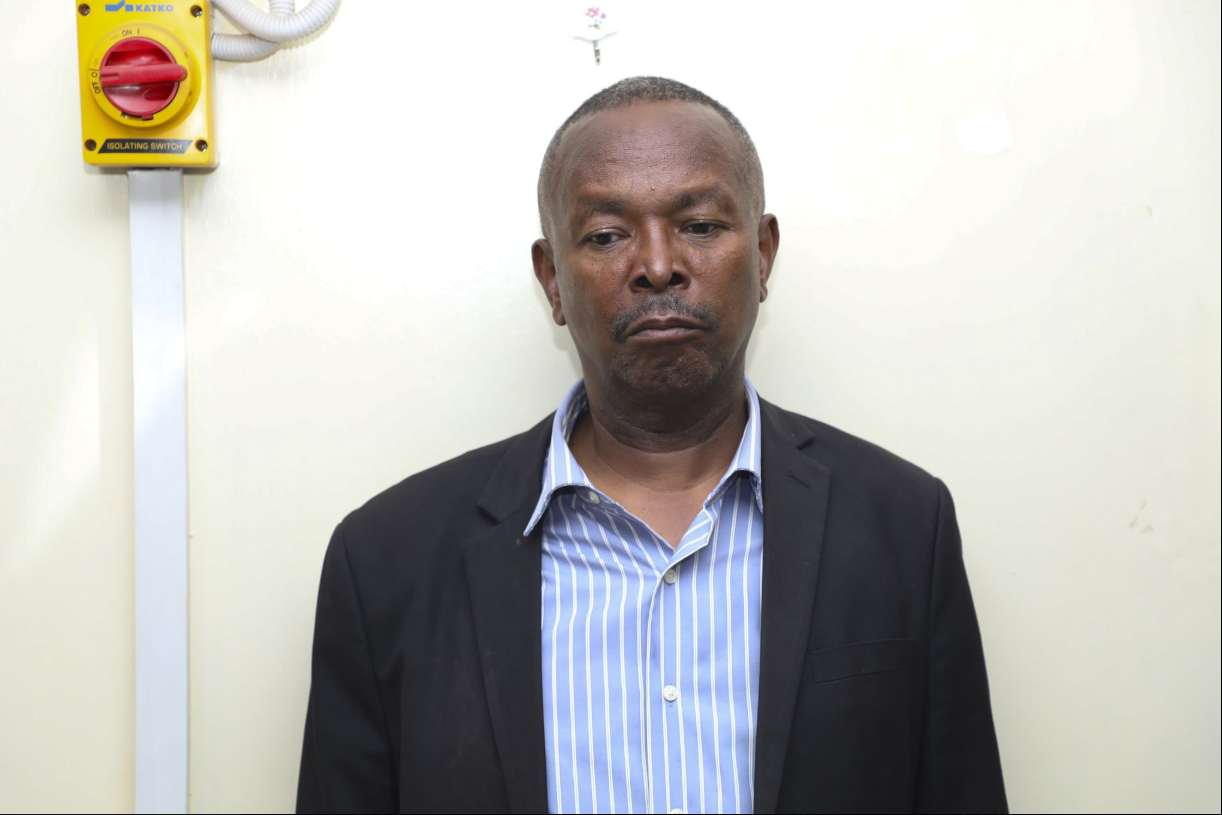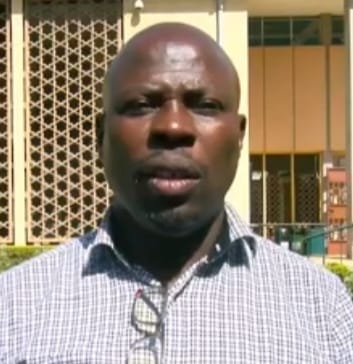Nairobi Hospital, one of Kenya’s most respected health facilities, could soon face liquidation. This follows a formal insolvency petition filed in the High Court of Kenya by Opticom K. Limited.
The case has exposed deep cracks in the hospital’s leadership, with boardroom wrangles and financial strain threatening to bring the institution to its knees.
Once a symbol of medical excellence, the facility is now battling mounting debts, operational challenges, and growing distrust from insurers and patients alike.
If the petition succeeds, it could mark a shocking fall for a hospital that for decades stood at the top of Kenya’s healthcare system.

Nairobi Hospital Liquidation Case in Court
The petition for liquidation was filed at the Commercial and Tax Division of the High Court. In a notice published in the Kenyan Gazette, Opticom K. Limited, through C. M. Advocates LLP, stated that the case will be mentioned on August 13, 2025, at the Milimani Law Courts in Nairobi.
The notice invited any interested parties to appear in court to support or oppose the liquidation. Copies of the petition are available at the court registry for a regulated fee.
This legal step signals just how dire the hospital’s financial and management crisis has become. Insolvency petitions are usually the last resort when debts remain unpaid and negotiations fail.
How Leadership Wrangles Pushed the Hospital to the Edge
Nairobi Hospital’s troubles did not start overnight. For years, internal leadership battles have undermined operations. Board members and senior executives have clashed over control, strategy, and spending priorities.
These wrangles created instability, slowed down decision-making, and distracted management from focusing on patient care. Instead of addressing rising costs, improving efficiency, and maintaining trust with partners, much of the hospital’s energy has been consumed by internal politics.
Industry insiders say this lack of unity has scared away investors and donors, while also damaging the hospital’s public image.
Loss of Insurance Partnerships
The hospital’s financial troubles have been made worse by insurance companies suspending their services. At least eight major insurers, including Old Mutual, First Assurance, Minet, and Britam, have stopped covering patients seeking treatment there.
Their main complaint is the high cost of services, which they say is unsustainable. Without insurance partnerships, many patients cannot afford the hospital’s fees. This has led to a drop in patient numbers, further cutting revenue.
Once considered a premium yet accessible choice for middle and upper-class Kenyans, Nairobi Hospital is now out of reach for many of its former clients.
Rising Costs and Declining Trust
The suspension by insurers is part of a larger problem—rising treatment costs. Patients have complained about inflated bills, lack of price transparency, and charges far higher than those in other reputable hospitals.
At the same time, repeated negative headlines about boardroom fights and financial woes have damaged trust. For a hospital, reputation is everything. When people doubt that an institution is stable, they are less likely to seek its services, especially for critical or long-term care.
What Liquidation Could Mean for Staff and Patients
If the court grants the liquidation order, the Kenya Hospital Association, which runs Nairobi Hospital, could be wound up. This would mean selling off assets to pay creditors.
For staff, it could lead to job losses or contract terminations. For patients, it could disrupt ongoing treatments, especially for those in long-term care. Medical records, pending surgeries, and follow-up appointments could all be thrown into uncertainty.
Healthcare experts warn that liquidation of such a major facility would have ripple effects across the medical sector, putting more pressure on other hospitals.
Wrapping Up
The Nairobi Hospital liquidation petition highlights deeper issues in Kenya’s healthcare sector. Even top-tier facilities are not immune to poor governance, runaway costs, and financial mismanagement.
If lessons are not learned, other private hospitals could face similar fates. The case is also a wake-up call for regulators to tighten oversight on private medical institutions, ensuring transparency and accountability.
For Nairobi Hospital, the weeks leading up to the August 2025 court date will be crucial. Leadership must decide whether to fight the petition, seek a rescue plan, or prepare for an orderly wind-up.







































